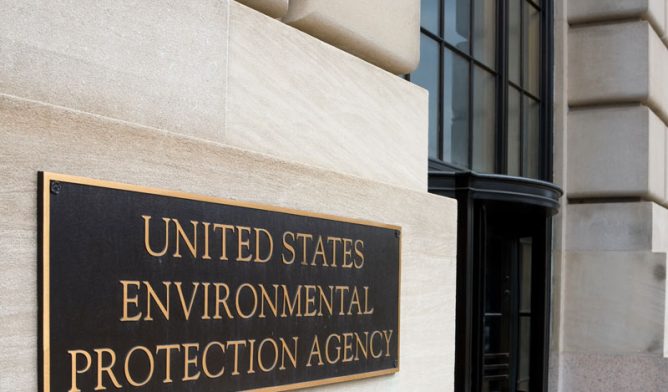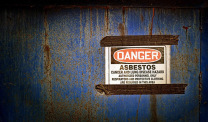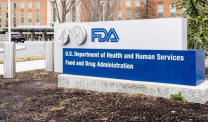Judge Rules EPA Must Tighten Asbestos Data Collection
Asbestos Exposure & BansWritten by Tim Povtak | Edited By Walter Pacheco

United States District Judge Edward Chen has ordered the Environmental Protection Agency to improve its data collection on the amount of raw asbestos and asbestos products that are coming into the country.
Chen issued his ruling Tuesday in San Francisco, stemming from a lawsuit brought against the EPA by a group of nonprofit organizations wanting to close the current asbestos reporting loopholes.
The EPA has contended that the voluntary reporting today by manufacturers, processors and importers provided adequate data.
“EPA has not articulated a satisfactory explanation for its decision not to use its significant enforcement powers to collect information from companies concerning asbestos-related health risks,” Chen wrote in his ruling this week. “Whether EPA has adequately assembled all reasonable available information, and what kind of information that EPA did not possess, is at the crux of this case.”
Chen has directed the EPA to amend its Chemical Data Reporting rule to improve “information gathering deficiencies” that were identified in his ruling.
Victory for Asbestos Awareness Organizations
The Asbestos Disease Awareness Organization, American Public Health Association, Environmental Health Strategy Center and Environmental Working Group were among the nonprofits that brought the lawsuit against the EPA.
The ruling by Chen was applauded by the organizations.
“EPA cannot do its job to protect the public unless it has basic information on how much asbestos is entering the United States, and where it goes once it is here,” said Linda Reinstein, president of the Asbestos Disease Awareness Organization. “This win is an unequivocal rejection of EPA’s weak and inadequate protection of public health from a deadly substance.”
Asbestos is a naturally occurring mineral that was once lauded for its heat resistance. It was used in hundreds of consumer products. Unfortunately, it also is toxic and can lead to serious health issues, including mesothelioma cancer.
An estimated 100 metric tons of raw asbestos was imported into the U.S. in 2019, the smallest amount since records were first kept in 1910, according to the U.S. Geological Survey Mineral Commodity Summaries Report.
All raw asbestos being imported is used by the chloralkali industry. Imported products with asbestos, though, are not part of the summaries report.
Chen pointed out in his ruling that the EPA’s own Science Advisory Committee found the risk evaluation was not adequate and “specifically faulted EPA for relying on voluntary submissions instead of its authority to mandate reporting under [the Toxic Substances Control Act].”
In a hearing earlier this year in court, the EPA said that stricter reporting rules would not produce any new information “that is already known to EPA.” It also said it is “aware of all ongoing uses of asbestos and already has the information that EPA would receive if it were to amend the current Chemical Data Reporting rule.”
California Attorney General Xavier Becerra called Chen’s ruling “a critical first step toward eliminating exemptions that allow this unsafe chemical to harm our communities.”
California is one of several states that sued the EPA in 2019 over the lack of asbestos reporting. The others include Massachusetts, Connecticut, Maine, Maryland, New Jersey and Oregon.






